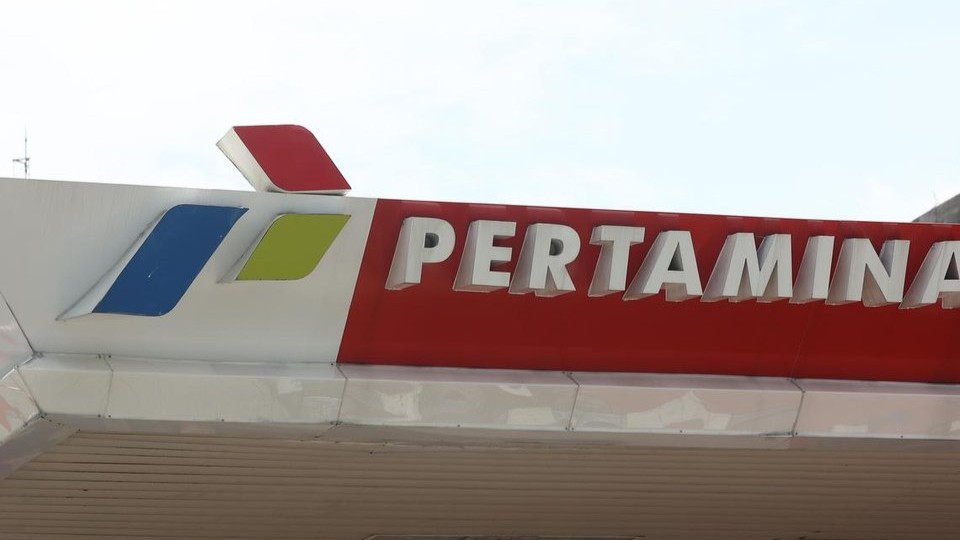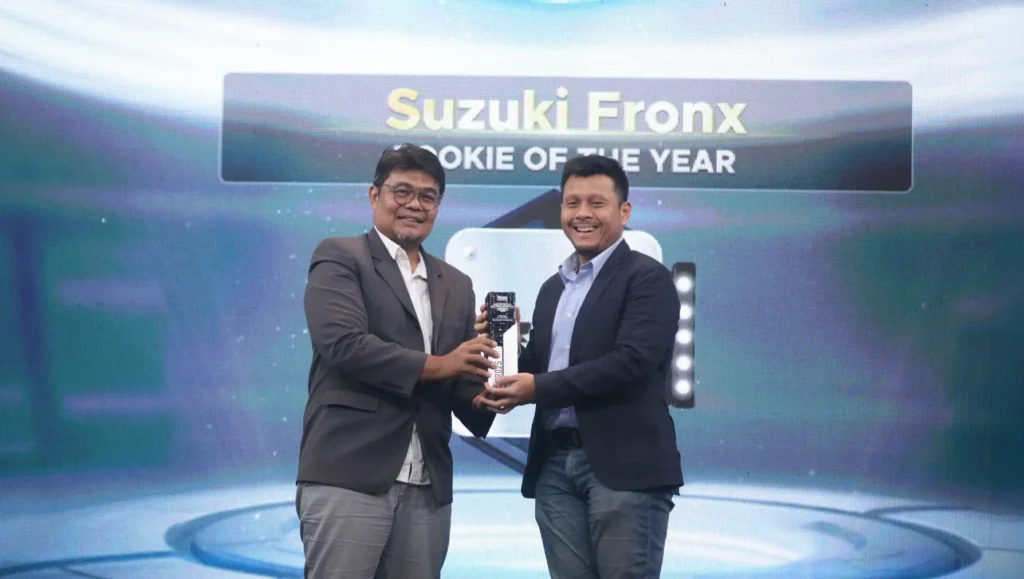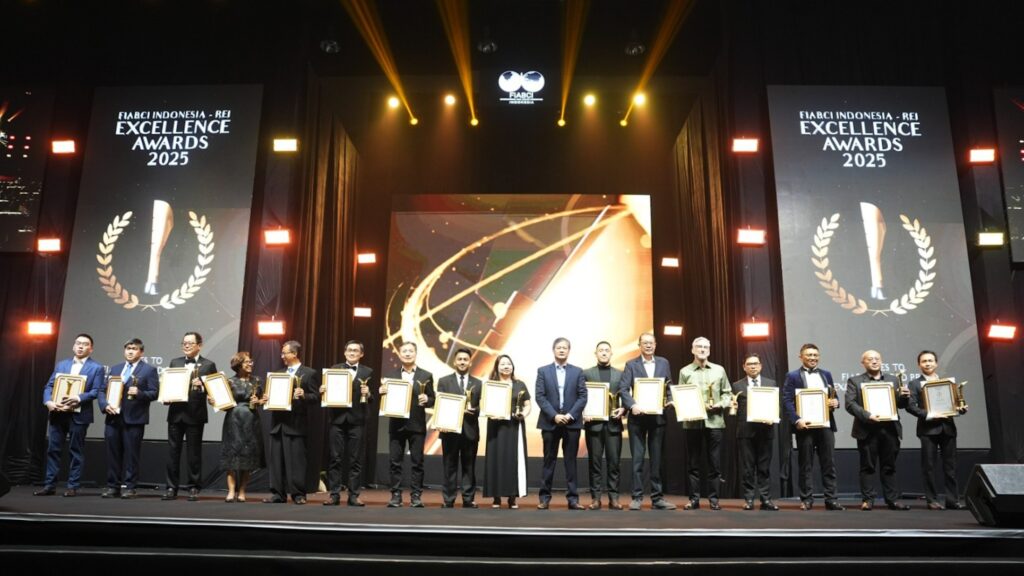London – Indonesia’s largest anti-corruption probe in decades has zeroed in on a man long regarded as untouchable: Mohammad Riza Chalid, the reclusive oil trader dubbed the “Gasoline Godfather.” Authorities allege Chalid’s companies were central to irregularities at state-owned oil giant Pertamina that cost the country nearly 285 trillion rupiah (S$22.6 billion) between 2018 and 2023.
For years, Chalid dominated Indonesia’s petroleum imports, leveraging political connections and trading ties in Singapore to become the nation’s most influential fuel broker. Now, under President Prabowo Subianto’s administration, his business empire faces a reckoning. The graft investigation has already detained more than a dozen executives, including Chalid’s son, and questioned hundreds of witnesses.
The attorney general’s office has named Chalid as a suspect and linked him to Orbit Terminal Merak, a storage facility alleged to have benefited from opaque contracts with Pertamina. Investigators have seized assets ranging from luxury cars to foreign currency, while Interpol has been asked to issue a Red Notice after Chalid repeatedly failed to respond to summonses. Officials say he left Indonesia for Malaysia in February.
The scandal underscores long-standing vulnerabilities in Indonesia’s energy sector. Oil output has declined by nearly 60 percent over the past 25 years, leaving the country dependent on imports. Pertamina, a pillar of the economy, has frequently faced allegations of inefficiency and mismanagement. Past audits of its Singapore trading arm, Petral, revealed manipulation by third parties that drove up costs, but until now no major prosecutions followed.
For President Prabowo, who campaigned on restoring discipline and transparency, the case is a litmus test. “Prabowo wants to be seen as a clean president, the leader that is brave enough to eradicate corruption,” said Dr Siwage Negara of Singapore’s ISEAS–Yusof Ishak Institute. The breadth of the Pertamina inquiry is viewed as a bold attempt to prove that pledge.
Chalid’s political ties stretch back to Suharto-era Indonesia, where he was reported to have brokered arms deals and cultivated influence at the highest levels. Yet it was through oil trading that his power solidified. At its peak, companies linked to him secured as much as 70 percent of Petral’s contracts, former energy officials have said.
The anti-graft push has coincided with Prabowo’s strategy to reduce Indonesia’s reliance on Singapore for fuel imports, expanding deals with partners including the United States and investing in domestic refining. “We are importing fuel from a country that does not even produce it. That is funny,” Energy Minister Bahlil Lahadalia remarked earlier this year.
Analysts argue the pursuit of Chalid marks both a symbolic and strategic move. By challenging a figure long seen as beyond reach, the government signals its resolve to tackle entrenched corruption while recalibrating the energy sector. “Literally the biggest player is now no longer untouchable,” said Kevin O’Rourke, a political analyst. “That alone changes the landscape.”






